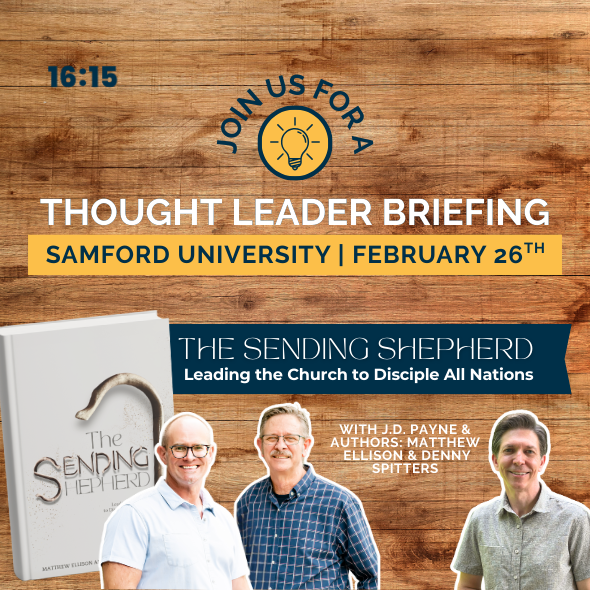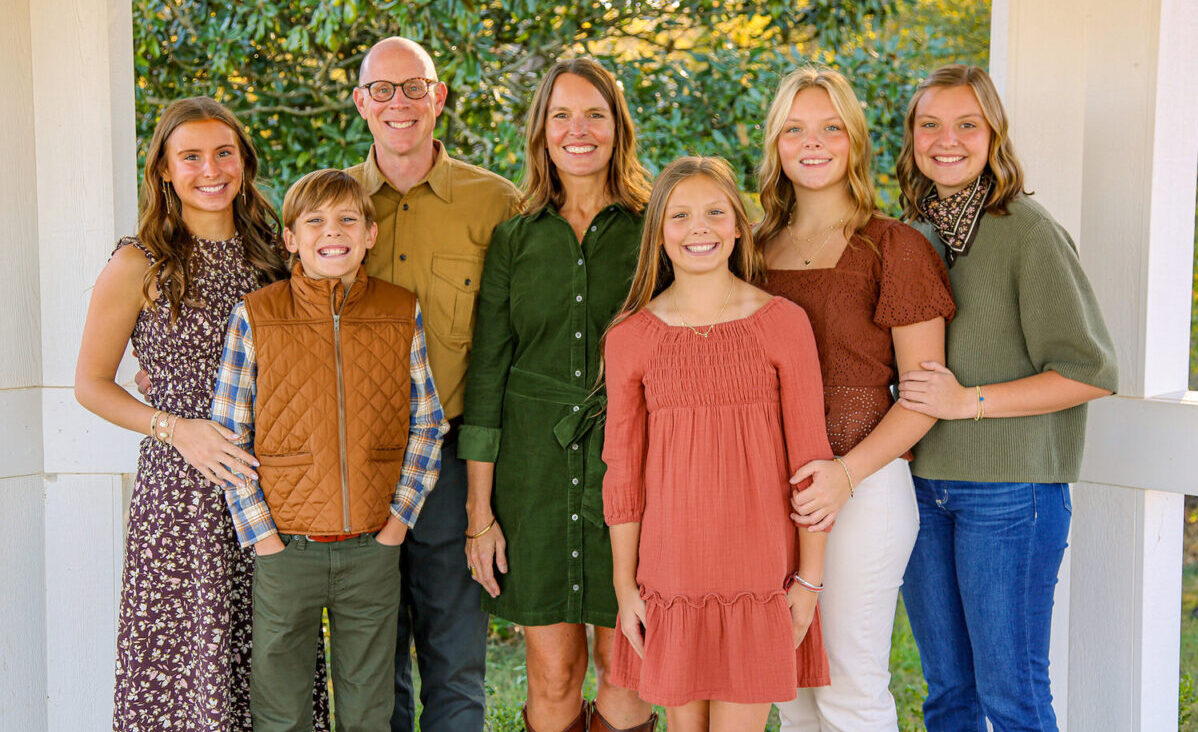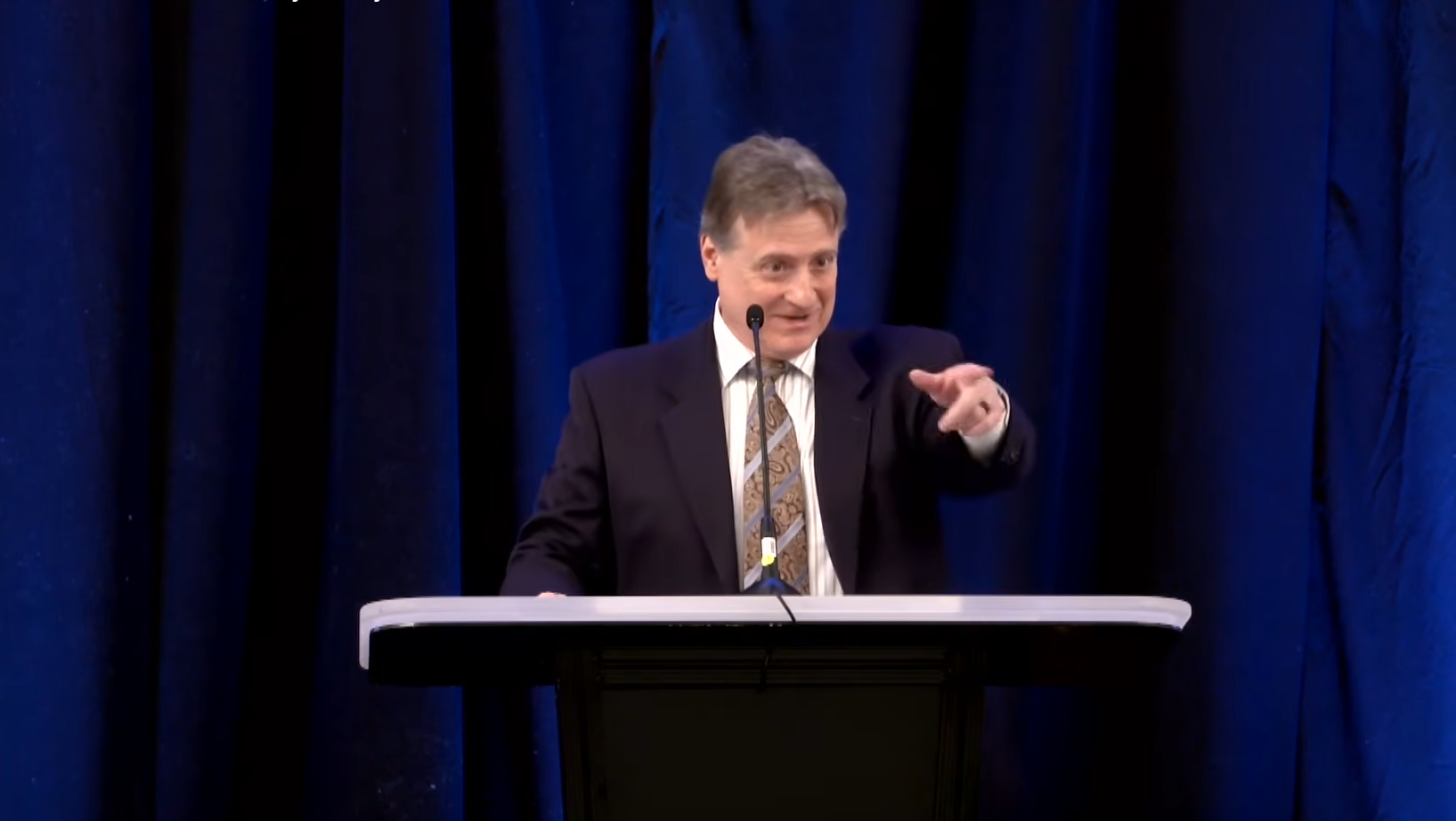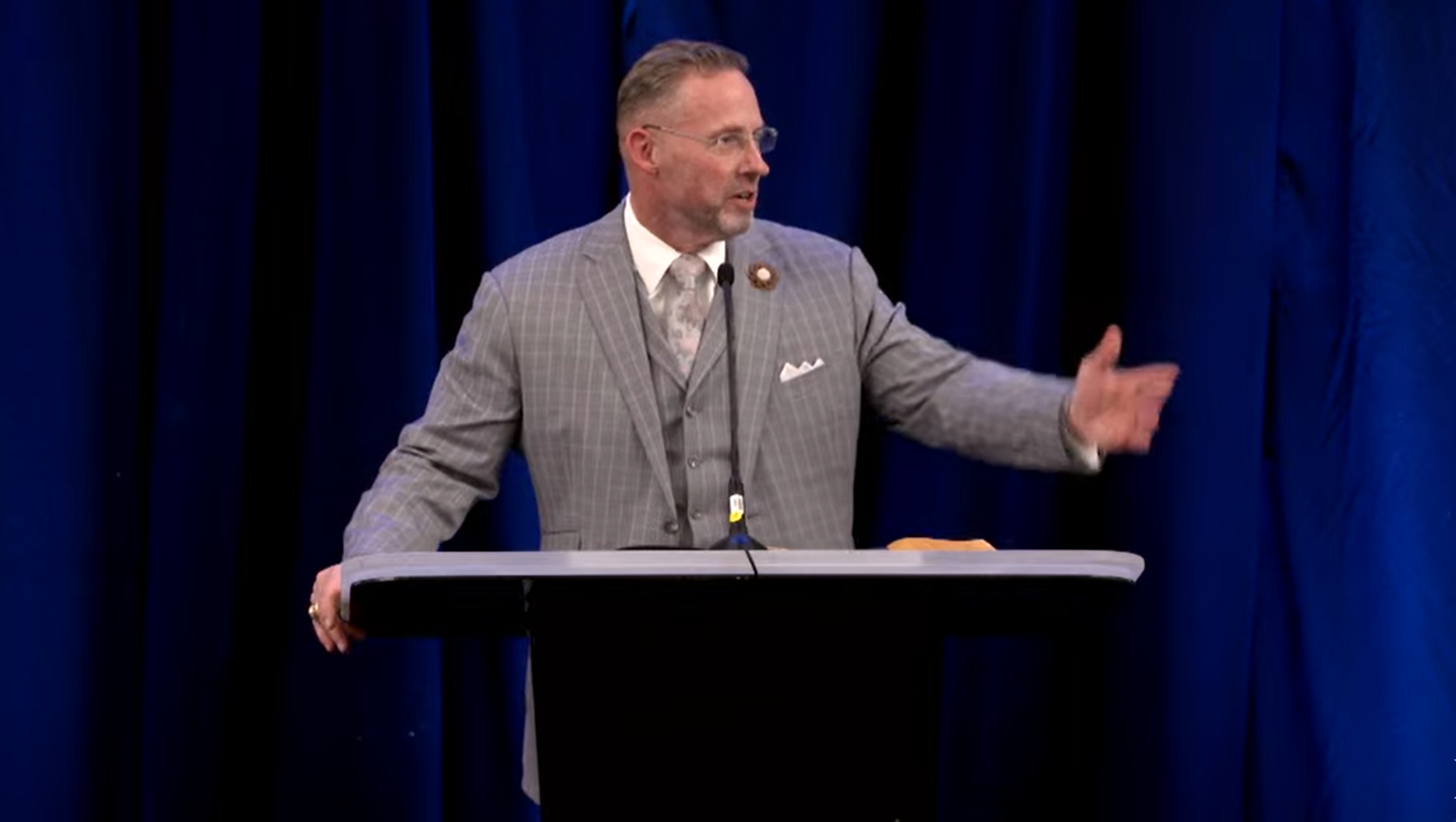PROTECTION
Exodus 22:21–27; Leviticus 19:9–10
If we are honest, each one of us has overlooked people with great needs, such as the homeless, individuals unable to take care of themselves and people without anyone to help them.
I once served as a chaplain for a state institution that housed and cared for individuals unable to care for themselves due to their mental capacity. I learned that telling Bible stories was not effective, but the patients would participate in a musical service. I used music to teach them about God. God expects His people to protect and care for the vulnerable.
Exploitation (Ex. 22:21–24)
God set forth a series of moral imperatives focusing on people who are often overlooked and neglected in society. He reminded the Hebrews that they had been exploited in Egypt, a land where they did not have legal status. In the eyes of the Egyptians, the Hebrews were only resident aliens.
In the New Testament, Peter describes all Christians as exiles: “To those chosen, living as exiles dispersed abroad” (1 Pet. 1:1).
Hebrews continues with the theme of the alien status of believers: “These all died in faith, although they had not received the things that were promised. But they saw them from a distance, greeted them and confessed that they were foreigners and temporary residents on the earth” (Heb. 11:13). The faithful are described as being in exile seeking a better country, a heavenly one (v. 16).
Today, many Christians worldwide are experiencing exploitation and martyrdom.
This lesson occurs on Sanctity of Human Life Sunday. Who are the most vulnerable people in our culture?
Lending practices (25–27)
God mandated financial laws to help protect the poorest of society. The Bible prohibited Jews from charging another Jew interest or usury — a sum of money charged for a loan — but the practice was allowed in the case of money loaned to a Gentile (Deut. 23:19–20).
The purpose was to treat the other person as an important person with dignity. If a cloak served as collateral, the lender was not allowed to keep the coat overnight. This prevented the owner from being exposed to the weather. God promised that He would hear the cries of the poor individuals. He promised to hear their prayers because graciousness is part of God’s nature.
Clarence Jordan, a farmer and New Testament Greek scholar, was a model for helping vulnerable people in our culture. Jordan created Koinonia Farm near Americus, Georgia. There, he upheld the dignity and value of the poor, teaching them how to plant and grow crops to become more self-sufficient. How can we use the resources God gives us to uphold the dignity and value of others?
Reaping Crops (Lev. 19:9–10)
In ancient Israel there was a welfare provision for those in poverty. God instructed farmers to not glean the edge of their fields. Instead, those areas were left for the poor, who had the responsibility to gather the crops in order to provide for their families.
Today, what keeps us from sharing our surplus with those in need?
By Mark Rathel
Pastor of Friendship Baptist Church in DeFuniak Springs, Florida










